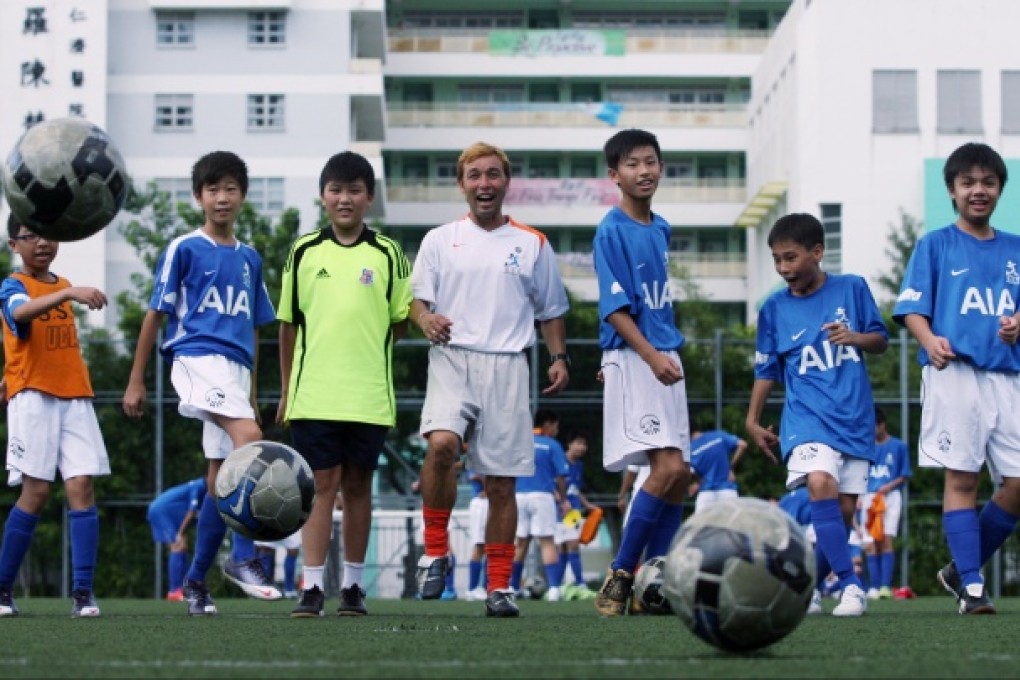The Rational Ref | Coaching and refereeing courses should be for all
The FA's short-sighted policy of conducting these programmes in Chinese only is hindering the game in Hong Kong

Last week Rational Ref identified the troublesome trio of over-competitive coaches, overprotective parents and underqualified referees that together can lead to pandemonium in youth soccer.
The solution is a dose of triple therapy to improve the training of youth coaches, impose effective guidelines for parents, and foster the development of referees. Furthermore, a strong support system from the Hong Kong Football Association, the game's guardian, would add credibility, consistency and clout to improving the game from the grass-roots level and up.
In short, we need best practice at all levels, from the top all the way down to the grass roots. To this end, the HKFA is restructuring under its Project Phoenix initiative. At the top level, there are some encouraging developments, such as the appointment of competent people with the right skills, who genuinely want to improve Hong Kong soccer.
However, inconsistency, inequality and double standards still pervade HKFA's practices. The education of youth coaches and referees are two examples that highlight the problems facing the game's development, especially at the grass roots.
There are many people from all walks of life who are passionate about and wholly dedicated to the game beyond just playing. Every weekend, Rational Ref sees these people guide, mentor, support, console, cajole, manage and ultimately improve players. They are the soccer coaches or team leaders. Yet only a handful are properly qualified. Many are not granted the opportunity to take up coaching qualifications in Hong Kong.
Only last month, the HKFA offered a youth coaching course. Its new Youth Football Leader Certificate Course is aimed at "individuals who are interested in a coaching career, school teachers, event organisers, [and] social workers who work with children".
Such a course is ideal for those who wish to become youth coaches and help develop young players. Unfortunately the course, which is advertised on the HKFA website in both English and Chinese, conducts classes only in Cantonese.
